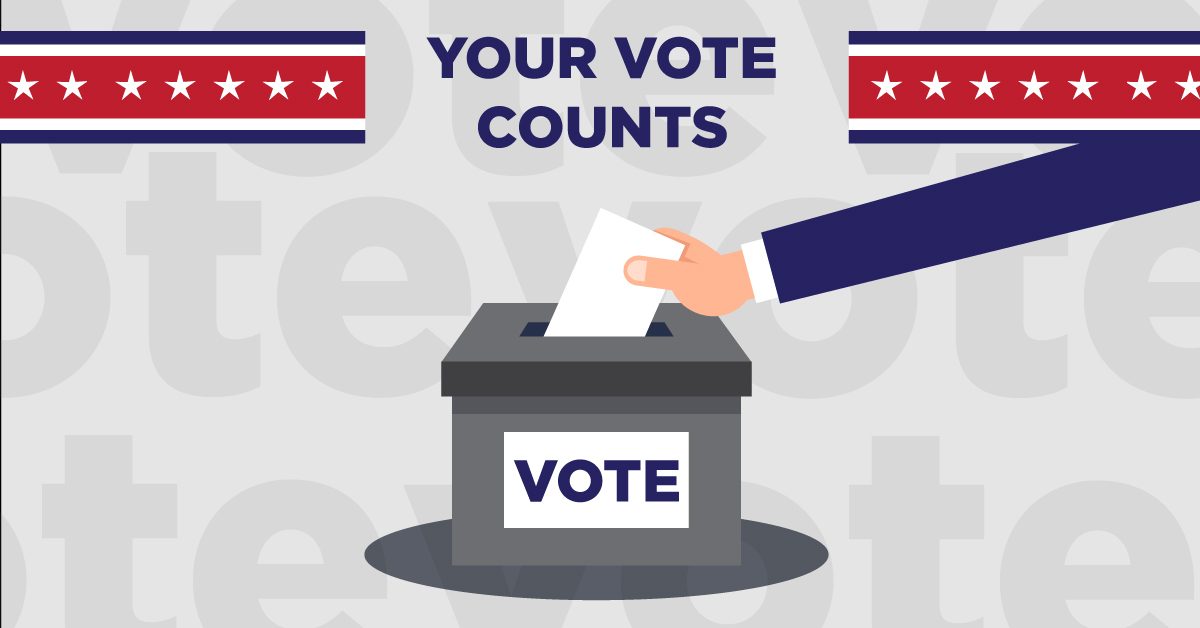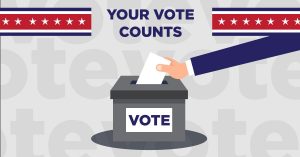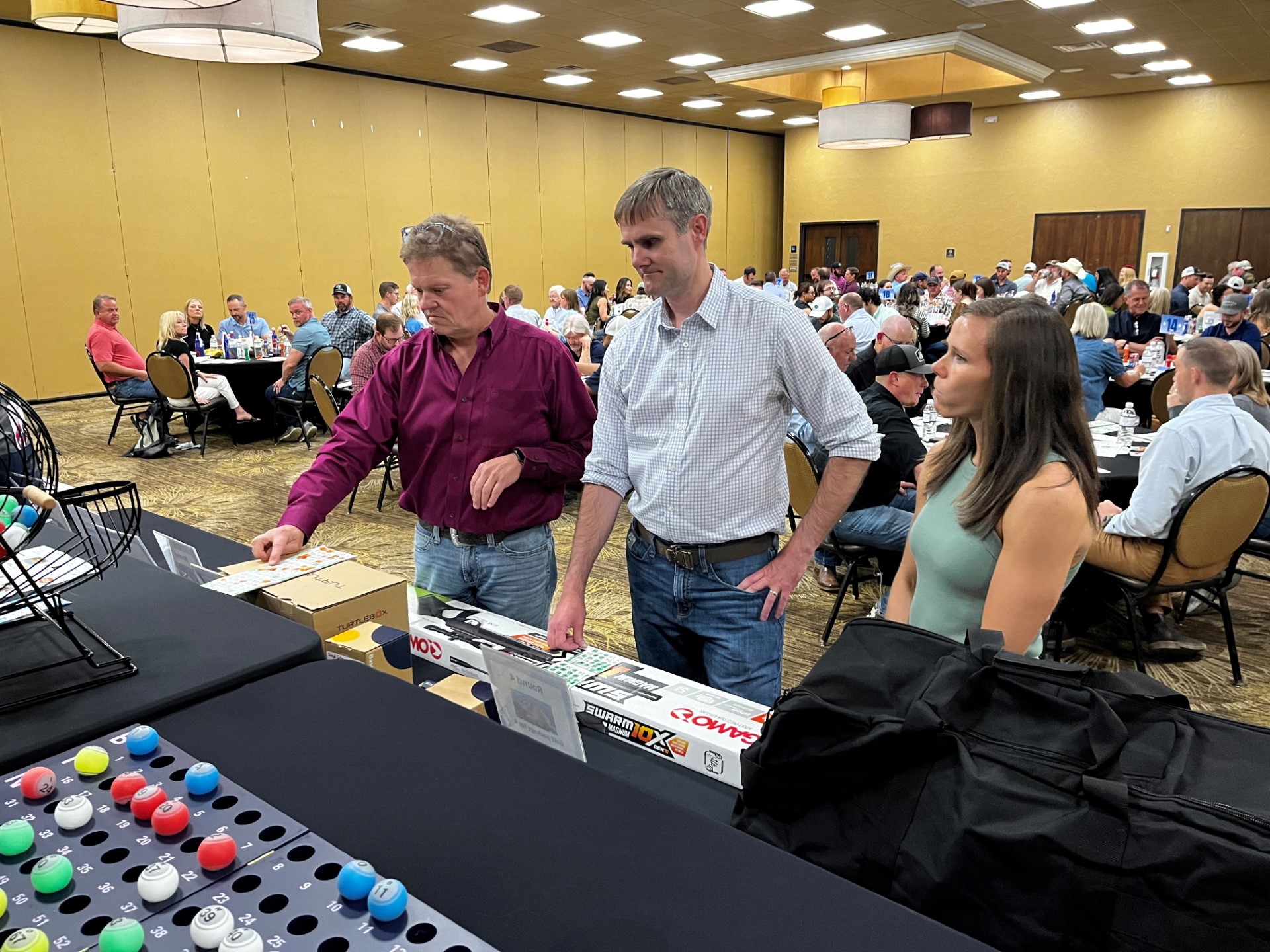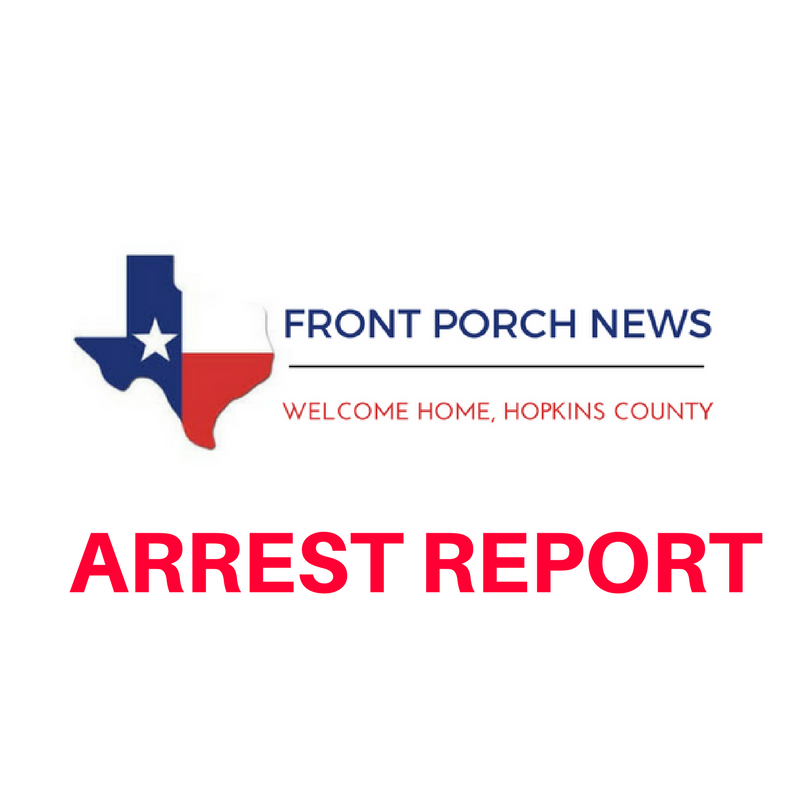Texas Proposition 4: An Amendment Prohibiting State Income Tax on Individuals by John Litzler

[adning id=”33097″]

The November 5th election is still over a month away, but Texas voters have already taken to radio, newspapers, and social media to weigh in on Proposition 4 for this year’s ballot. Proposition 4, also known as House Joint Resolution (HJR) 38, would amend Section 24(a) in Article VIII of the Texas Constitution to state:
“The legislature may not impose a tax on the net incomes of individuals, including an individual’s share of partnership and unincorporated association income.”
Section 24(a) currently states that the legislature may not impose an income tax “until approved by a majority of voters in a statewide referendum held on the question of imposing the tax.” The new wording of Section 24(a) would make it so that even a statewide referendum would not be enough to allow a tax.
Many Texans are concerned the wording on the ballot for Proposition 4 will be confusing to voters. They are afraid some residents will vote “No” to Proposition 4 mistakenly thinking the vote means, “No, I don’t want a state income tax.” This is because most Texans have a fundamental misunderstanding of what Proposition 4 is. Proposition 4 is not a vote on state income tax. Proposition 4 is a vote on whether to enshrine the ban on state income tax as an amendment to the Texas Constitution. In order to help residents prepare to cast their ballots, let’s address some common misconceptions.
Misconception 1: A vote “No” to Proposition 4 is a vote in favor of state income tax or voting “No” means you’ll pay federal and state taxes from your paycheck.
This isn’t correct. Again, whether Texas should have a state income tax is not an issue on the ballot. A vote “no” to Proposition 4 is a vote against including a ban on state income tax as a constitutional amendment. Why might someone be opposed to a state income tax, but not want the measure as a constitutional amendment? Some voters believe that the Texas Constitution already has too many amendments (and amendments to the amendments). The Texas Constitution currently has 498 amendments and is one of the longest constitutions in the nation. In comparison, the United States Constitution only has 33 amendments. Additionally, constitutional amendments are difficult to change. In fact, the proposed change to Section 24(a) only passed both the Texas House of Representatives and Texas Senate by a single vote. But the strongest reason why some Texans may vote “No” to Propisition 4 ties into another common misconception…
Misconception 2: A vote “Yes” to Proposition 4 keeps the power with the people of Texas instead of politicians.
The proposed amendment to Section 24(a) does the exact opposite, by removing the right for the people of Texas to have a referendum on the subject. Under the current language of Section 24(a) residents of Texas have the ultimate say in whether the state imposes an income tax. Under the proposed new language for Section 24(a), Texans would not be able to have a vote on the matter unless the state legislature (Senate and House) voted by a supermajority to alter Section 24(a) again. Some Texans who support a ban on state income tax may vote “No” to the amendment in order to keep the ultimate say in the hands of Texas residents instead of the state legislature.
Misconception 3: A vote “No” to Proposition 4 will allow businesses to avoid paying franchise tax.
This seems very unlikely. Opponents to Proposition 4 say the word “individual” is ambiguous. This is because, in some instances, the legal meaning of individual can include both natural persons (human beings) and corporations. Opponents are concerned businesses will claim the ban on “individual” income taxation will apply to the business as well.
While the possible loss of over $8 billion in anticipated franchise tax from the Texas budget is certainly alarming, Section 1 of the Article VIII likely keeps the franchise tax in place. Section 1 states, in relevant part, “The Legislature… may also tax incomes of… corporations other than municipal.” Additionally, several legislators have made it clear that the legislative intent of HJR38 is to prevent natural persons, and not businesses, from paying income tax.
Ultimately, the result of the vote on Proposition 4 this November will not determine whether Texas has a state income tax. Texas has never had a state income tax and that isn’t likely to change anytime soon. In 1993, Texas amended Article VIII of the constitution to ensure that the legislature couldn’t impose an income tax without a referendum of the people. Now Texas looks to amend Article VIII again. This time the goal is to make certain the potential referendum of the people never happens.

John Litzler directs the Church Law division of Christian Unity Ministries in San Antonio. He is a graduate of the University of Texas and Baylor Law school. He is a member of the SSHS class of 2004.
[adning id=”33207″]
[adning id=”33207″]
[adning id=”33207″]














